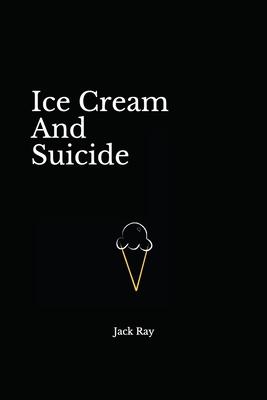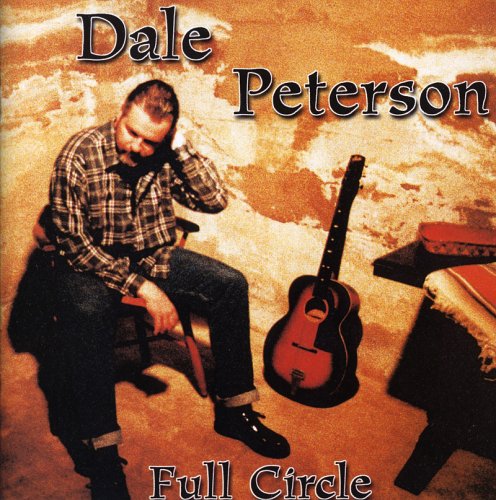
My son, Mark Ostrander, was a vibrant and popular young man. In Osage, Iowa, high school, he was on the honor roll, and lettered in track, wrestling, and football. He was Homecoming King, loved to ski, and played drums in the Osage Precisionnaires Drum and Bugle Corp. He won many dance contests and went to Hollywood to compete on Deney Terrio's "Dance Fever" when he was just 18. In college, he was named to the North Iowa Area Community College (NIACC) Dean's List and named to the cast for the production of M-A-S-H. He danced in the Community Theatre Production of '"Oklahoma." In May, he graduated with honors from NIACC when he received his Associate Degree in Science. In October of the following year, he enrolled in the University of Iowa to pursue Dentistry.
When Mark was 21, he was diagnosed with bipolar disorder and his journey through life became a disaster at every turn. In and out of mental hospitals, he persevered and managed to pop back up with each setback. In 1988, at age 28, he graduated from Control Data Institute in Dallas, Texas, with a 96.1 GPA and received his Computer Technology degree.
He had such high aspirations, but with every step forward there were always two steps back. At age 34, Mark was left disabled after he attempted to take his life. The 22 years that followed were filled with amazing determination and dedication by Mark, his family, and his friends as he recovered from his injuries. After spending many months in hospitals and rehabilitation facilities in Texas, his options for a place to live were reduced to nursing homes.
Outrageous errors, oversights and neglect were widespread in the nursing homes where Mark resided. The absence of training among nursing home personnel was not unusual and the staff members' horrendous lack of judgment led to unsafe circumstances. Poor communication between administration and staff resulted in dangerous situations and unsanitary practices promoted the spread of disease.
In order to prevent mistakes from being made and to avert negligent care, it was extremely important that I closely monitored Mark's stay in each nursing home. He was often exposed to illegal practices like "dumping," unwarranted discharge, and retaliation. I learned what to expect from the nursing homes and wasn't afraid to ask questions.
Mark's phenomenal determination to succeed and my constant vigilance were important factors which helped Mark achieve many steps toward his recovery. Mark loved his music and his computer, and toward the end of his rehabilitation, he had made great strides in his physical and mental recovery, despite having had to tolerate the many nursing home nightmares.







